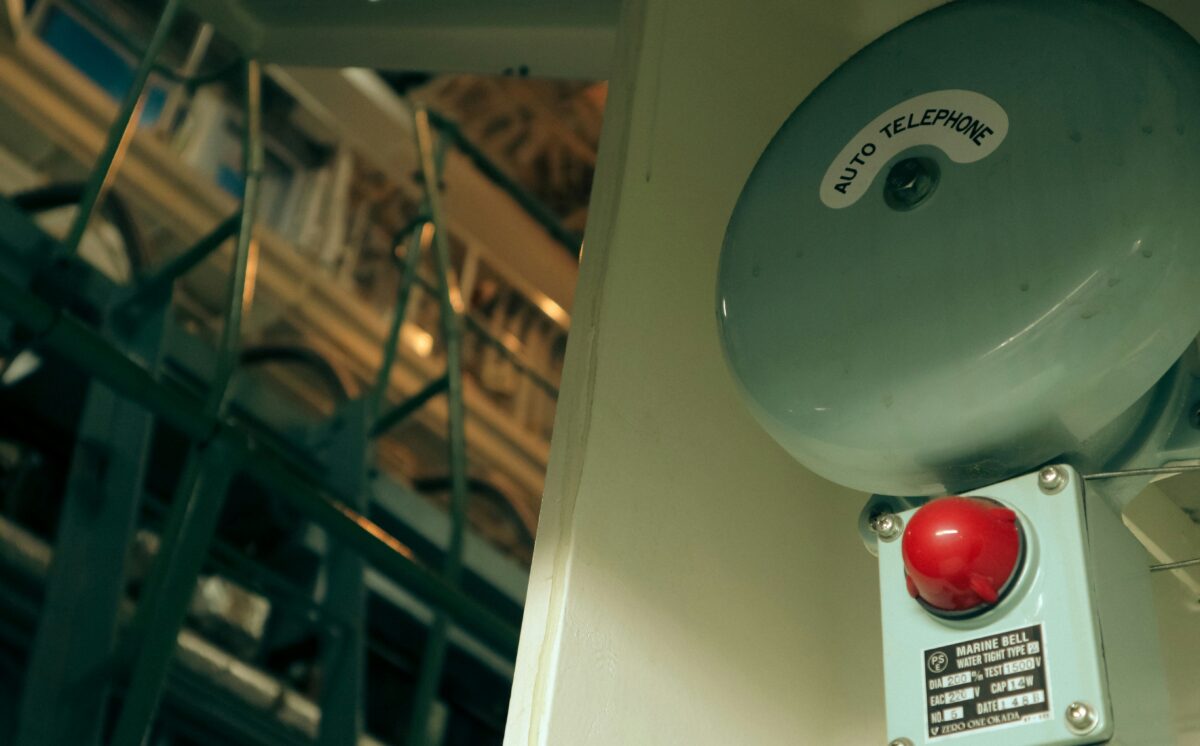In an age where security threats can range from petty theft to organised burglaries, investing in a reliable alarm system is no longer optional, it’s essential. But with so many options available, one question often confuses homeowners and business owners alike: Should you choose a local alarm system or a monitored alarm system?
Both options aim to protect your property, but they work differently and come with unique advantages and limitations. The right choice depends on your security needs, lifestyle, and budget. Let’s explore the differences in detail so you can decide which one truly keeps you safe.
Understanding the Basics
Local Alarm Systems
A local alarm system sounds a loud siren or alert on the premises when triggered by events like a door being forced open, a motion sensor detecting movement, or a window being broken.
Key points:
- No direct connection to a security monitoring center
- Relies on noise to scare intruders and alert occupants or nearby neighbours
- May include flashing lights for visibility
Monitored Alarm Systems
A monitored alarm system is connected to a 24/7 professional monitoring center. When the system detects a breach, it sends an immediate signal to the monitoring team, who can then:
- Contact the property owner
- Notify the police, fire department, or emergency services
- Dispatch security personnel if required
How They Differ in Operation
1. Response Time
- Local Alarm – Relies on you, neighbours, or passers-by to hear and respond to the alarm. If no one reacts quickly, the intruder may still succeed.
- Monitored Alarm – The monitoring team responds within seconds and takes action, even if you’re away or asleep.
2. Dependence on Human Presence
- Local Alarm – Works best if people are nearby to hear it.
- Monitored Alarm – Works regardless of whether anyone is at the property.
3. Connectivity
- Local Alarm – Usually standalone; no internet or telephone connection needed.
- Monitored Alarm – Uses landline, mobile network, or broadband to communicate with the monitoring station.
Pros and Cons of Local Alarm Systems
Advantages:
Lower Cost – No monthly monitoring fees; only installation and maintenance costs.
Simple Setup – Easy to install, with many DIY options available.
No Dependency on Service Providers – Works independently without requiring ongoing contracts.
Disadvantages:
Limited Response Assurance – If no one hears it, no action is taken.
False Alarm Fatigue – Frequent false alarms may cause people to ignore them.
Not Ideal for Remote Locations – Rural areas may have fewer people to notice and respond.
Pros and Cons of Monitored Alarm Systems
Advantages:
Immediate Emergency Response – Professionals act within seconds of detection.
Peace of Mind – Constant surveillance, even when you’re away or travelling.
Extra Safety Features – Some systems also monitor for fire, carbon monoxide, or medical emergencies.
Disadvantages:
Higher Cost – Ongoing monthly or annual monitoring fees.
Reliance on Communication Lines – System effectiveness depends on a reliable connection.
Possible Contract Lock-ins – Some services require long-term commitments.
Which One Is More Effective?
Effectiveness depends largely on your circumstances:
- Urban Areas with Close Neighbours – A local alarm might be effective if you live in a densely populated area where people are likely to hear and respond to a siren.
- Remote Properties or High-Risk Areas – A monitored alarm offers better protection since it doesn’t depend on someone being nearby to respond.
- Businesses and High-Value Properties – Monitored alarms provide more comprehensive coverage, especially if the premises are vacant after hours.
Cost Comparison
Local Alarm:
- Installation: £150–£500
- Maintenance: £50–£100/year
- Monthly fees: None
Monitored Alarm:
- Installation: £200–£800
- Monitoring fees: £15–£40/month
- Maintenance: £50–£150/year
While monitored alarms cost more, the added security may be worth it for high-risk situations.
Technology Advancements in Alarm Systems
Today’s alarms are far more advanced than older models. Whether local or monitored, modern systems may include:
- Wireless Sensors – Easier installation and expansion
- Mobile App Integration – Receive instant alerts on your phone
- Smart Home Compatibility – Integrates with cameras, locks, and lighting
- Battery Backup – Keeps working during power outages
Some monitored systems now also use AI-powered threat detection to reduce false alarms, while local alarms can be paired with CCTV for better evidence collection.
Making Your Decision
Ask yourself:
How quickly can you or someone else respond in case of an alarm?
Do you live in a high-crime or isolated area?
Is budget a major deciding factor?
Do you want 24/7 monitoring for emergencies beyond burglary (fire, gas leaks, medical alerts)?
If you value immediate professional response and maximum security, a monitored system is worth the investment. If you want a cost-effective solution for a well-populated area, a local alarm may suffice.
Best of Both Worlds: Hybrid Alarm Systems
Some homeowners opt for hybrid systems, local alarms with optional monitoring services. This way, you have an audible deterrent on-site, but also professional backup when needed. These systems can be switched between monitored and non-monitored modes based on your requirements.
Final Thoughts
When it comes to safety, both local and monitored alarms have their place. Local alarms can deter intruders and alert nearby people quickly, but they depend heavily on human presence for an effective response. Monitored alarms, on the other hand, provide a rapid, reliable, and professional reaction, but come with higher costs.
Ultimately, the “best” system is the one that fits your lifestyle, location, and security priorities. Whether you choose a simple siren or a fully monitored network, ensuring proper installation, regular maintenance, and user training will keep your property and your peace of mind well protected.
